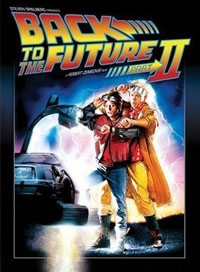It’s kind of ridiculous for people to think that an anniversary or a birthday only happens once every four years just because its original occurrence was on the 29th of February.
And if not ridiculous, at the very least it’s hypocritical.
Let’s say you were born on April 16th, 1970. That was a Thursday. The following year you didn’t get a birthday because you were just a baby. Also, April 16th was a FRIDAY, and your birthday is a THURSDAY. Your birthday, Thursday, April 16th, didn’t come that year. Waaaah so sad you big baby.
I was born on the 60th day of the year, which was February 29th. The next year I didn’t get a birthday because I was a baby. Also, the 60th day of the year was March 1st.
If you to expect leapers to not celebrate something because February 29th isn’t around, you should be prepared to surrender roughly 6/7ths of your own birthdays and anniversaries. Of course, that ridiculous (but theoretically FAIR) practice will put the leapers under an additional shadow, because the same weekday for a leap day only comes back around every 28 years. And under that system, I’m still a couple of leaps shy of turning two. But I WILL get a birthday party when that happens, because at two I am TOTALLY NOT A BABY.
Also, It will be a Thursday.
